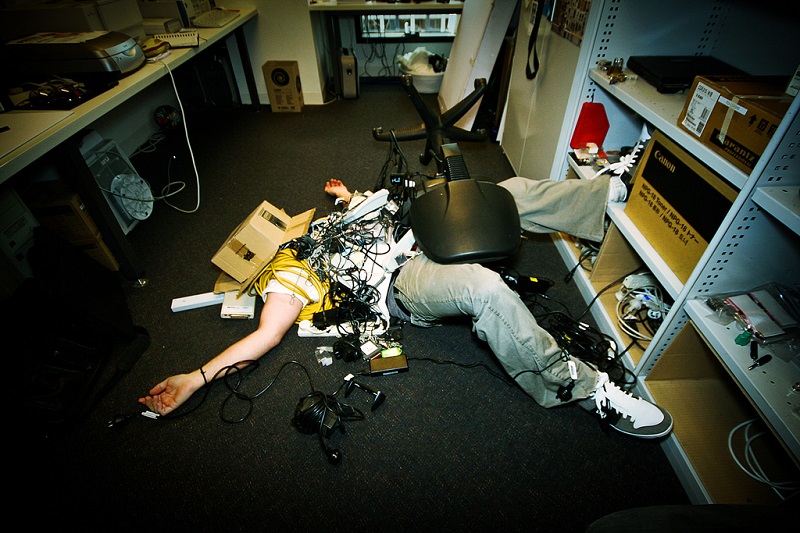A workplace accident is good for no one. There’s a reason some companies go to extreme lengths to make sure that it never gets to the worker’s comp stage.
Preparing for the possibility of accidents and knowing what to do after they happen is vital for an employer. Of course, you’ll be happier if you do enough to make sure they never happen.
Rarely is that a possibility. Accidents can damage both your employee’s livelihood as well as your business in total.
From taking more care that they don’t happen to protecting yourself when they do, here are some tips to follow.
Prevention
The first thing you want to get on top of is making all the effort you can to prevent accidents. Sometimes, accidents are just out of your control.
However, with training, you can prove that you make the best attempts to make your own employees aware of the dangers that could manifest for them.
A risk assessment can even make you more aware of some of the dangers in the workplace and how you could reduce them.
Making sure you have the right equipment
If you don’t want to deal with a hefty compensation claim, you must provide your employees with the right safety equipment. This can mean things like helmets and aprons. It also means training and retraining them in the use of them.
If you’re dealing with hazardous chemicals, get containment from sites like www.denios-us.com. Keep your equipment up-to-date, and well-maintained to ensure your employees know when they need to use it.
Make it someone’s job

If you work in an industry that is more prone to hazards than usual, then you should really make it someone’s job to keep an eye on safety standards. Safety officers can be your eyes and ears in finding out the risk in your workplace.
It’s their job to keep on top of maintaining whether the equipment is properly used and fit for the task. Whether pathways are clear and obstacles out of the way. Even that there’s less likelihood of slips and trips.
Reporting it
If you have the misfortune of hosting an accident, the number one thing you should do is make sure your worker is alright. Assist them in whatever way they need and get them medical attention.
Then, make a report for injury. Failing to do so can look very bad for your company, leading others to assume an attempt to deny an employee’s need for compensation.
Dealing with claims
When you’re dealing with a worker’s comp claim, it’s vital to show that you have done everything in your power to make sure an accident isn’t happening.
Documentation is going to be key here if you want to show the right amount of care and diligence toward making sure accidents are avoided.
Wrapping Up
Accidents in the workplace cannot be avoided at all times. It’s important to make sure you are taking all necessary precautions and steps to deal with any accidents that may occur. Prevention is key, so it’s important to take safety measures seriously and provide enough training for those using potentially hazardous equipment or materials. If an accident does occur, it’s essential to document everything that transpired and provide proper medical attention. With these tips in mind, you can make sure your workplace is as safe as possible.
The safety of your employees should always be the first priority!
Featured image: Flickr
















